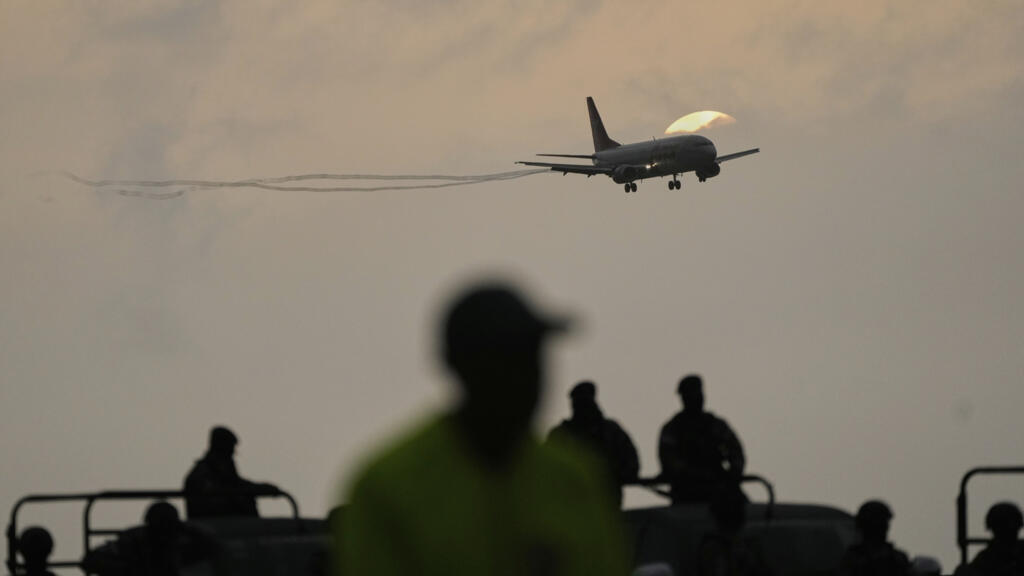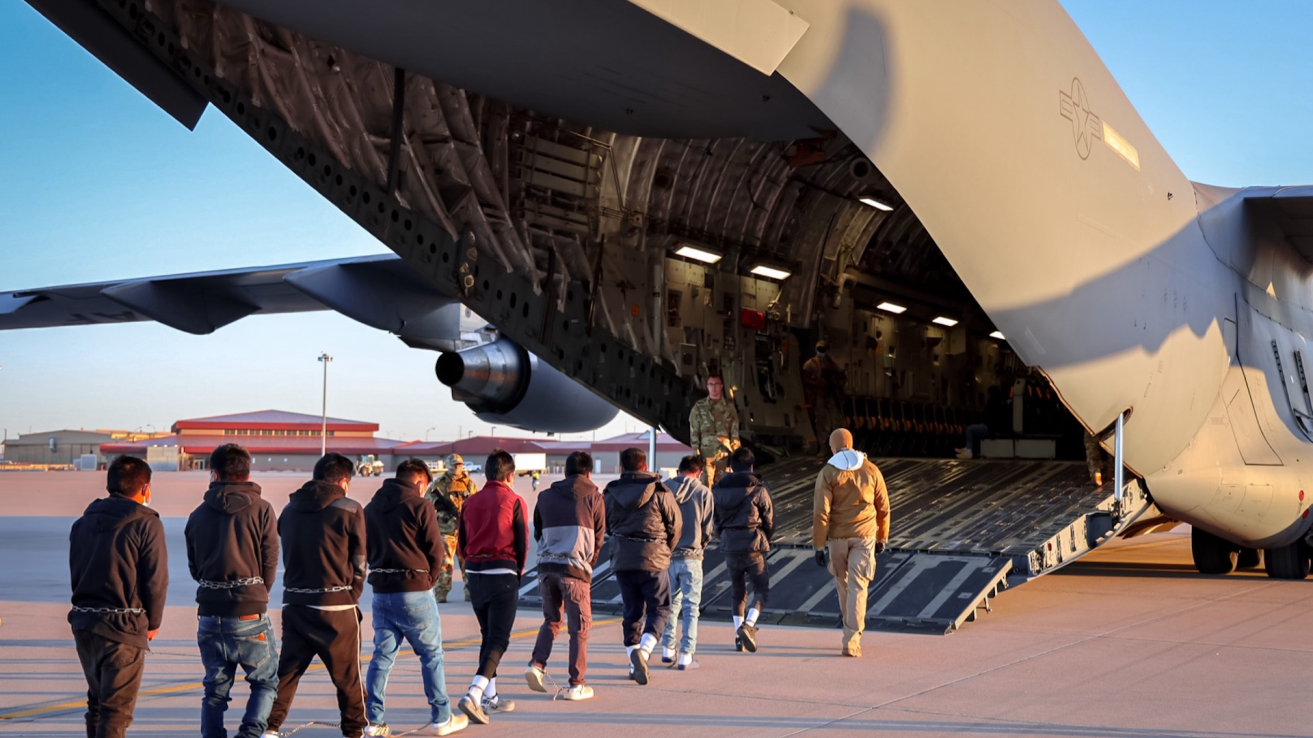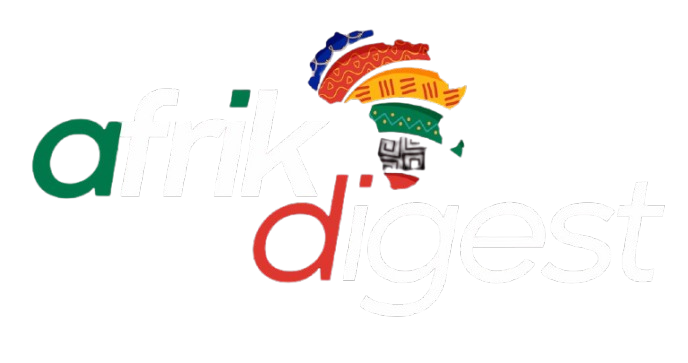
United States (US) President Donald Trump’s policy of deporting foreign nationals convicted of violent crimes has sparked a global uproar. It also highlights the stark power imbalance between the US and developing countries, and raises serious concerns about security risks, human rights abuses and the denigration of international humanitarian law.
Trump announced during his electoral campaign that he intended to deport “one million people a year”. But while imposing new global tariffs, the White House is also scrambling to find countries willing to take in those who Washington is forcing out.
The controversy started in March when the US paid El Salvador US$5 million to incarcerate over 250 Venezuelan deportees accused of gang affiliations, in a maximum-security prison notorious for human rights abuses. Though the deal’s terms remain unknown, the rewards appear to include a White House visit and endorsement of President Nayib Bukele, despite alarm over his repression of civil liberties.
Since then, the Trump administration has expanded this policy to Africa, with recent deportations of individuals from countries such as Vietnam, Jamaica and Yemen to South Sudan and Eswatini. The Department of Homeland Security justified the decision by saying their home countries refused ‘to take them back.’
Liberia, Senegal, Mauritania, Gabon and Guinea-Bissau have all refused to cooperate. The Washington Post reported that the Trump administration even approached Ukraine, without success.
Some proposals, however, have found takers in Latin America and Africa. But are these agreements motivated by lucrative rewards, or made under duress?
On the American continent, Guatemala, Panama, Costa Rica, Venezuela and El Salvador have agreed to take in individuals deported by the US. For most, the economic balance tips in Washington’s favour, with the 2004 CAFTA free trade agreement between Central America, the United States and the Dominican Republic serving as the main lever.
Three African nations – South Sudan, Eswatini and Rwanda – have also agreed to take in US deportees. According to observers, these are countries that want to “get into Washington’s good books”. Most of them are desperate to avoid being victims of a total visa ban.
These deportations were enabled by a June US Supreme Court ruling that allows migrants to be sent to third countries without notice or legal recourse. The judgement overrules protections in the Convention against Torture and Other Cruel, Inhuman or Degrading Treatment or Punishment that prevent deportations to countries where people are at risk of torture.
Despite the US being a party to the convention, the Supreme Court’s conservative majority set aside those safeguards, granting the government broad authority to expedite deportations. The majority opinion provided no reasons for its findings. In contrast, the minority opinion stressed that life-and-death matters required careful attention and adherence to the rule of law.
However, on closer introspection, motivation to answer Trump’s call looks different for each of the three African countries that have agreed the deal so far.
South Sudan
On 8 July, South Sudan received eight men – only one of whom was South Sudanese – who had been deported from the US. Juba has expressed its willingness to accept more deportees, but has reportedly set certain conditions, according to Politico.
A legal challenge in the US had halted their removal, but a Supreme Court ruling cleared the way.
The country is asking Washington to reverse the revocation of visas for its nationals, which came into effect in April 2025.
South Sudan is also seeking the lifting of sanctions on several senior officials, including Vice President Benjamin Bol Mel, who has been accused of corruption by the US.
It has further requested American support in prosecuting First Vice President Riek Machar, accused of inciting rebellion to block elections due in December 2026.
None of these demands have yet been met, but South Sudan continues to present itself as an ally of the US – with accepting deportees from the US seen as one way to do this.
Eswatini
The small monarchy of Eswatini has followed South Sudan’s lead by signing a similar agreement with the US, announced on 16 July. Only five people have so far been sent to this landlocked state in Southern Africa.
The five deportees – who are originally from Vietnam, Jamaica, Cuba, Yemen and Laos – are all said to be criminals “of unparalleled barbarity”, said Tricia McLaughlin, spokesperson for the US Department of Homeland Security.
The men are being held in solitary confinement until they can be deported to their home countries, which could take up to a year.
The government of Eswatini, like South Sudan, cited its close ties with the US as a key motivator for the agreement.
According to a lawyer at the International Federation for Human Rights (FIDH), the country is seeking to “polish its image in the eyes of the United States and also attract financial income”.

Rwanda
Rwanda is preparing to receive 250 people deported by the US – but this is not Kigali’s first attempt at such an agreement.
In 2022, a similar deal with the United Kingdom was announced, but was then invalidated the following year by the UK Supreme Court, which ruled it unlawful. This did not prevent Rwanda from receiving part of the promised financial compensation – some €280 million.
According to analysts, there is a similar “purely financial reason” for Kigali to accept the US proposal, but also an interest in “benefitting from an easy workforce paid low wages”.
There are many who believe Kigali is also “trying to appease the Trump administration in the context of negotiations between Rwanda, the Democratic Republic of Congo and the United States” to end the conflict between the DRC and Rwanda – negotiations in which Rwanda is far from being in a position of strength.
It’s all about giving Trump something, while the Congolese government is offering him access to its mining sector.
South Sudan, Eswatini and Rwanda are among the poorest countries in the world and are also the source of huge migratory flows.
It goes without saying that the deportees they take in will leave these ultra-poor countries and return to the illegal immigration trails.
Uganda
The latest country to sign an agreement with Washington, a Ugandan Foreign Ministry official announced recently that the country had agreed to accept third-country nationals who had not been granted asylum in the US but were unable to return to their home countries.
However, there are some caveats. Uganda stressed that this was a temporary arrangement and that it would not accept anyone with a criminal record or unaccompanied minors.
It also added in its statement Uganda would prefer to receive people with African nationalities.
Uganda, a US ally, is home to 1.8 million refugees – the largest number on the African continent – mostly hailing from neighbouring South Sudan and the Democratic Republic of Congo, although Sudan’s civil war has in the past year triggered a sharp spike in arrivals.
The US embassy in Uganda declined to comment on what it called diplomatic negotiations, but the US State Department said Secretary of State Marco Rubio had spoken by phone with Ugandan President Yoweri Museveni about migration.
The department said the call focused on “migration, reciprocal trade and commercial ties” and that Rubio had “thanked Uganda for providing a model of regional stability including its valuable contributions to peacekeeping in East Africa”.
Ugandan opposition MP Muwada Nkunyingi suggested that the deal with the US would give the Ugandan government legitimacy ahead of elections, and urged Washington not to turn a blind eye toward what he described as human rights and governance issues in Uganda.
Uganda’s leaders will rush into a deal to “clear their image now that we are heading into the 2026 elections,” he said.
Uganda has had challenges with the US after it passed an anti-homosexuality bill in 2023 that punishes consensual same-sex conduct with penalties including life imprisonment. Washington threatened consequences and the World Bank withheld some funding.
In May 2024, the US imposed sanctions on Uganda’s parliamentary speaker, her husband and several other officials over corruption and serious abuses of human rights.
A human rights lawyer based in Uganda, Nicholas Opio likened the deportee deal to human trafficking, and said it would leave the status of the deportees unclear. “Are they refugees or prisoners?” he said.
“The proposed deal runs afoul of international law. We are sacrificing human beings for political expediency, in this case because Uganda wants to be in the good books of the United States,” he said. “That I can keep your prisoners if you pay me… how is that different from human trafficking?”
Many on the African continent believe the US has used aid and trade to pressure South Sudan, Eswatini and other African countries into compliance and gain favour with the Trump administration, triggering fears over what was promised in exchange.
The US’ approach reflects a troubling perception of Africa as a ‘dumping ground’ for foreign nationals convicted of violent crimes, rather than a strategic partner in global security.
Trump’s pledge to ‘make America great again’ has translated into a sharp focus on expelling foreign nationals convicted of violent crimes, prioritising US interests above all else. In his first six months in office, he dismantled US soft power by cutting foreign aid, insisting America had gotten a raw deal from its global counterparts.
According to Nigeria’s Foreign Minister Yusuf Tuggar, the US was ‘mounting considerable pressure’ on African countries to accept deportees. He said Nigeria outright rejected the deal, saying the country had enough problems of its own.
Such policies will likely erode years of diplomatic progress and US-Africa relations, especially in intelligence, counter-terrorism and anti-trafficking, which have already suffered significant setbacks during Trump’s second term. These actions show that Trump is using diplomacy to secure America’s short-term interests at the expense of human rights and regional security in Africa.
As African nations reconsider their ties to a Trump administration that treats them as expendable, these deportation policies – shaped by short-term, unilateral decisions amid complex global threats – serve the interests of no one, including America.





